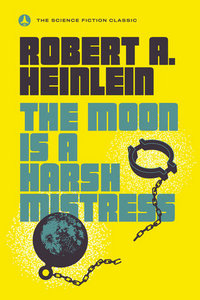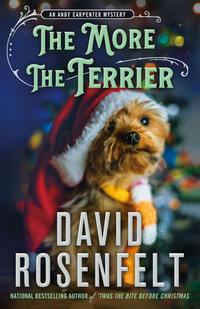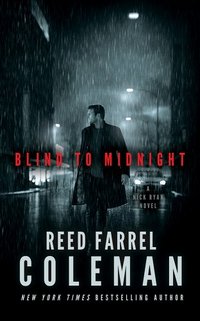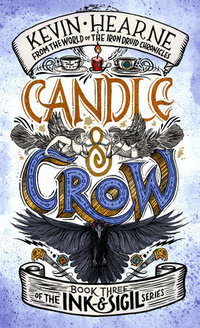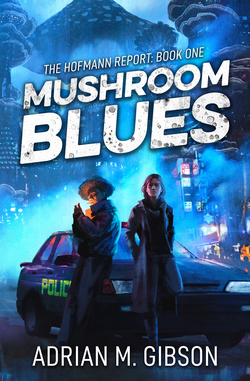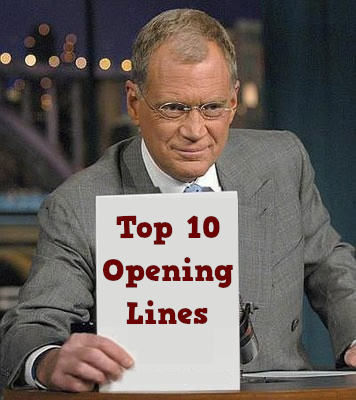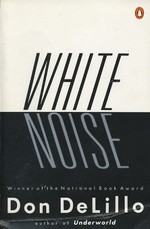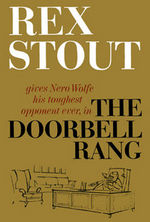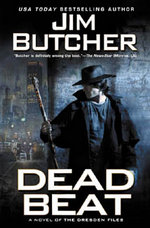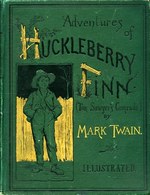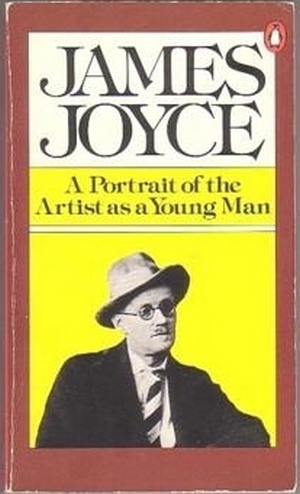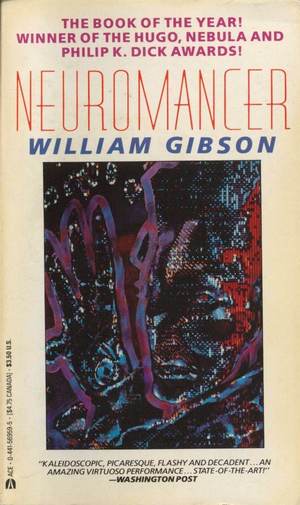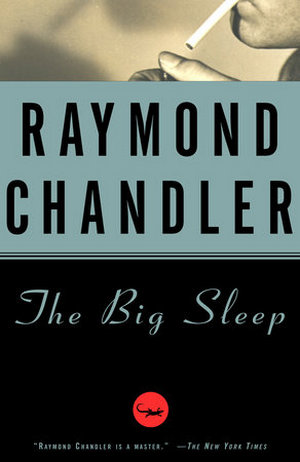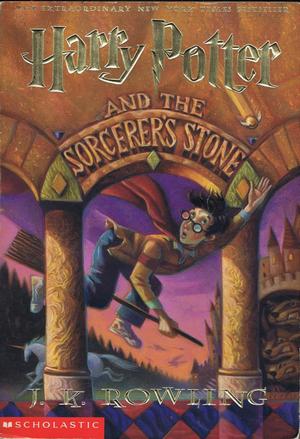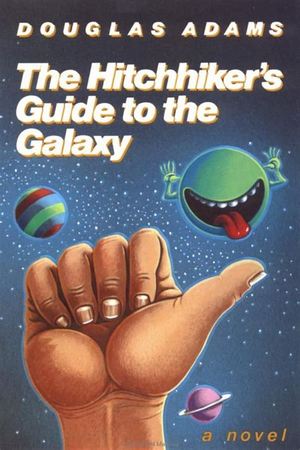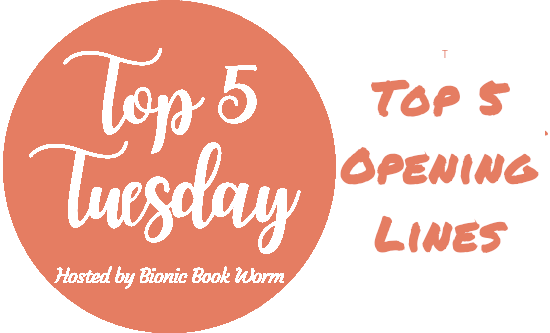Finally, after umpteen drafts, I have something finished. Not in a satisfying (to me, anyway) way. But I’ve covered everything that I want to in a way that doesn’t make me recoil. I’m going to have to call that good enough.
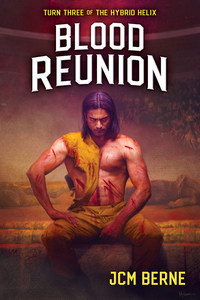 Blood Reunion
Blood Reunion
by JCM Berne
DETAILS: Series: Hybrid Helix, Turn 3 Publisher: Gnost Hose Publication Date: October 17, 2022 Format: Hardcover Length: 399 pg. Read Date: August 15-17, 2024

What’s Blood Reunion About?
There’s a nasty, Buffy-Summers-would-be-paralyzed-with-fear level vampire loose on Wistful. Rohan and his friends, some new allies, and a couple of people he’d really not rather work with have to stop it before it kills everyone aboard and countless others when it can escape—or before the Empire obliterates Wistful to achieve the latter end.
’nuff said.
Back to Wistful
I guess some readers complained that the second book in the series took place on Earth, not on Wistful, the sentient space station that Rohan calls home. I didn’t share the sentiment, but I guess I could understand that—it wasn’t just Wistful that we didn’t get that much from, it was most of the other characters that were introduced in the first turn.
Being back on Wistful, however, has me thinking that maybe those people were on to something. Having our hero back on his adoptive home turf—with the advantages and challenges that it brings really adds something to the story. Wistful is an interesting character and a great setting (and we get to see a lot more of both aspects of Wistful here). Having characters like Wei Li and the Ursans on hand is a major plus, too.
I won’t complain about Rohan going to visit Earth—but I’m sure glad to see him home.
Daddy Issues
We met Rohan’s fantastic mother in Return of The Griffin, and now it’s time to meet Dad. Boy, I missed Mom—and this isn’t a knock on Berne’s work introducing us to Dhruv, I think we’re supposed to find hi a problematic character.
He’s got quite the charm about him, do doubt. He’s determined, he’s focused, he’s powerful, he’s wily—things that he clearly passed on to his son. He’s also deceitful, egotistical, stubborn, and unwilling to consider opposing points of view (other things you can see in Rohan, but he’s fighting them).
He and Rohan have a complicated relationship, let’s say.
The addition of Rohan’s mother to the series was fun and mostly sweet. This is fun and…something else. I’m not sure what that something is quite yet. I think we need to see a little more from Dhruv, and I expect we will.
Rohan’s Dilemma
This right here is what draws me to Rohan (well, in addition to the banter, the action, and everything else)—Berne isn’t satisfied to just give us a super powerful, quippy, superhero. Rohan is trying to get away from his past and to live differently.
But…like the man said, “Just when I thought I was out, they pull me back in!” Rohan can’t get away from his reputation, his status, his errors/crimes, and even his inclinations to act as the Griffin. Not only can he not escape all that—he has to rely on it here. I don’t want to get into details here, but Rohan has to play the Rohan card to keep the il’Drach Empire from coming in making a bad situation worse.
He also has to wrestle with himself—he knows (on some level) and is being told repeatedly by just about everyone—that to save the people on the station (and maybe even beyond it), he has to kill the vampire. But he’s trying not to do that anymore. Also, he thinks there are ways to defeat the vampire without killing him…Rohan just has to figure out what those are. But he’s torn—if he does “the right thing” for him and his morals, what’s the risk/damage to the innocents on Wistful? Should he be willing to even consider that?
Beyond that…Rohan has to let some people jeopardize themselves—and even outright sacrifice themselves so he has a chance to stop the vampire.
I really love that Berne is making Rohan deal with this (it’s not the first time, and it won’t be the last, I trust).
So, what did I think about Blood Reunion?
It’s a JCM Berne book. This means I liked it and I think you should read it. I have two unread JCM Berne books on my TBR shelf—I can tell you now, with 98.732% confidence, that’s what I’m going to say about those. The question here is…what do I say specifically?
The vampires (both kinds we see here) are just cool. Nothing incredibly revolutionary about them—it’s nigh unto impossible to do something new with a vampire, it’s just about how can you make one of the most utilized creature-types feel fresh. Berne pulls it off. They’re even different than the vamps in Return of the Griffin, so that’s a neat trick. I want to say more about this, but that’d violate my spoiler policy.
Dhruv was just great—I mistyped that a second ago as “grate,” but maybe that was a slip of the Freudian-type. Because he can be a little grating, too. By design, I should stress. But I look forward to his return as much as Rohan is apprehensive about it.
The exploration of Wistful was interesting and the promise of finding more layers to her is fantastic. I would’ve liked a bit more of it now though, it’s the one point where I think Berne could’ve improved here. Maybe in the aftermath of this, Wistful and Rohan (or Rohan and Wei Li) can debrief some on this and I’ll feel better about it.
Speaking of Wei Li—if anyone is going to supplant Rohan in my book, it’s going to be Wei Li. Can we get a spinoff novella or seven?
I have to mention the dialogue, not just the bantering (but especially the bantering). Berne has reached Jim Butcher-levels here. I don’t care what the story is, I just want to read his characters talking.
I don’t have anything else to say, really—action, dialogue, great aliens, some good moral dilemmas, and some quality time with characters that are becoming old friends. Blood Reunion is another winner from Berne. Go grab Wistful Ascending and dive in!!

This post contains an affiliate link. If you purchase from it, I will get a small commission at no additional cost to you. As always, the opinions expressed are my own.
![]()



